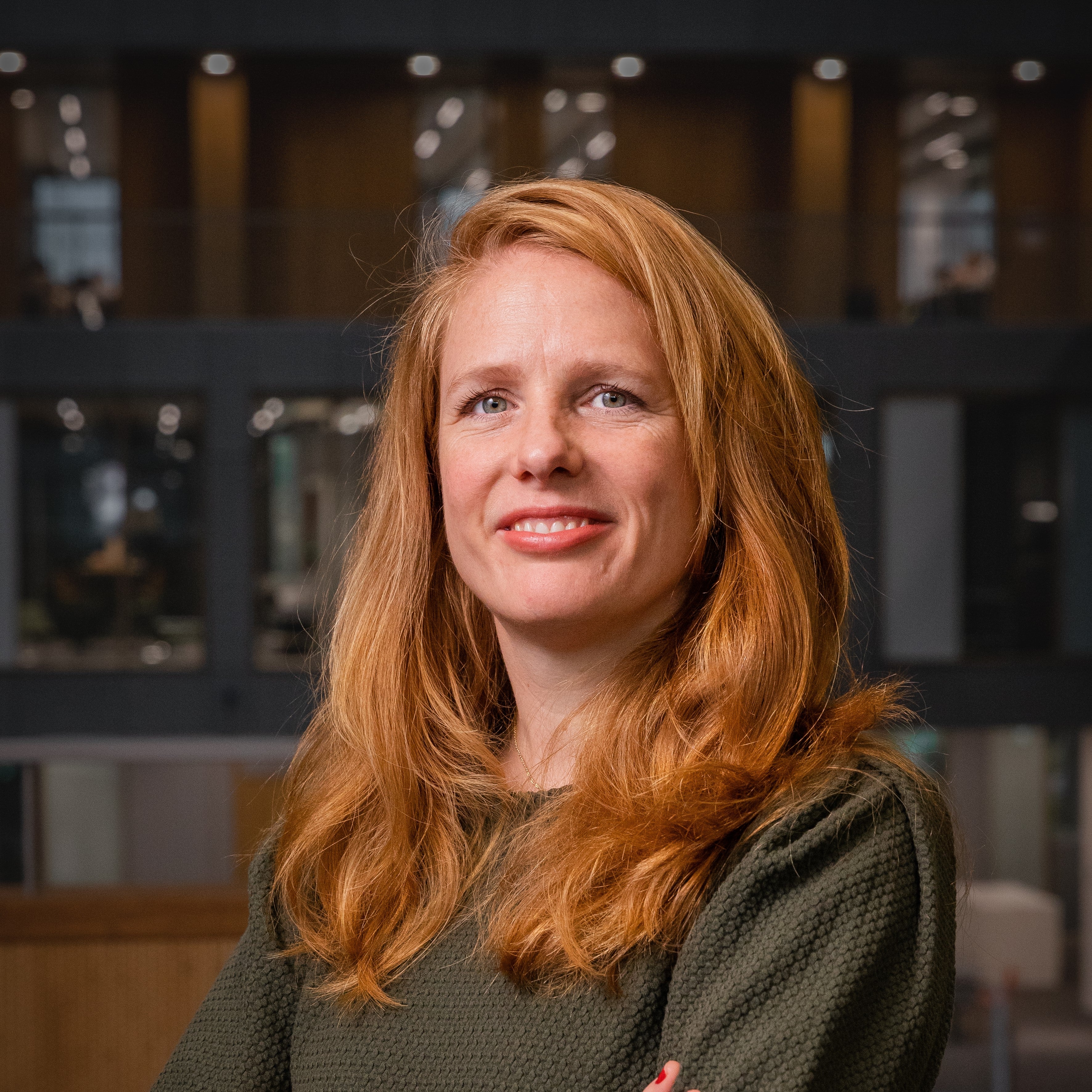About the course: addressing challenges through transdisciplinary research
The Interdisciplinary Community Service Learning 2 (iCSL2) course is a part-time course, spread out over a 21-week period (6 ECTS). In the course you address challenges related to:
- Sustainability
- Citizen Science
- Inclusive city making
What will you do in this course?
You will be part of an interdisciplinary team of students and interact with societal partners. Each member of the team tackles one aspect of the larger challenge, using their own disciplinary knowledge, insights, experiences, and methods.
You will meet periodically with your interdisciplinary team to integrate the insights from all projects, and consider the wider implications on the level of the overarching societal problem. At the end of the course, you deliver an interdisciplinary report and present your findings back to both a scientific and a societal audience, during a public dialogue event (part of the NWO-funded project Science with Society)
What will you learn?
By reporting the outcomes back to the societal actors, you contribute to actual societal impact and drive positive transformations in society. After this course, you will be able to integrate knowledge and insights from different disciplines in order to produce results, insights, and solutions for various complex societal challenges that transcend disciplines and organisational barriers. You will develop (global) citizenship skills, such as critical thinking, problem solving and cultural understanding.
For more information register for one of the Q&A sessions here.

